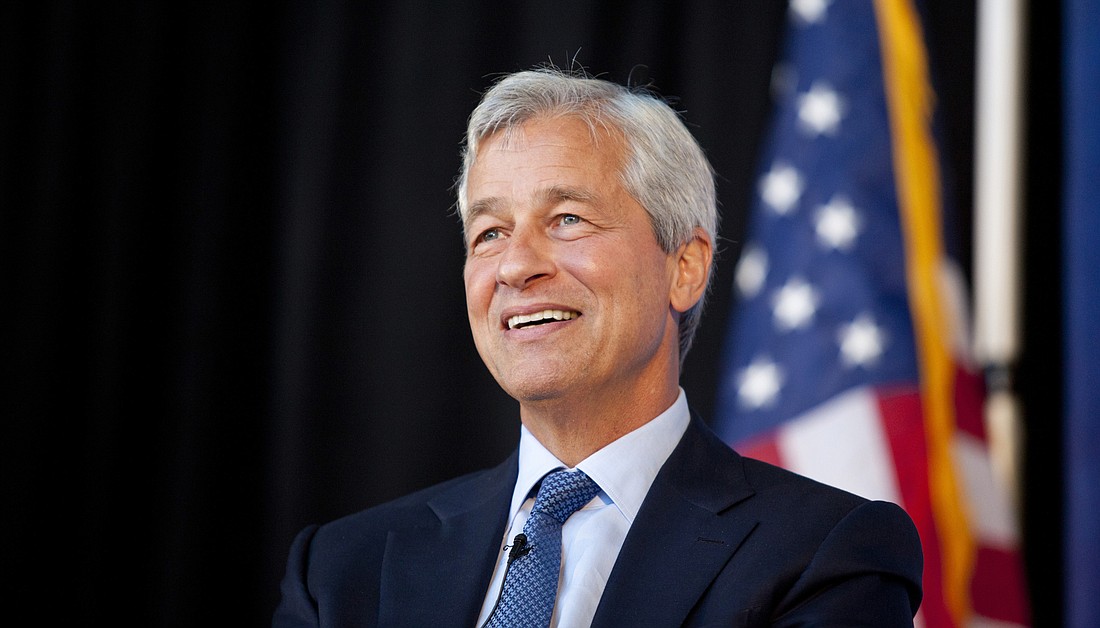- December 25, 2024
-
-
Loading

Loading

On the morning the Business Roundtable published its full-page ad in the Wall Street Journal proclaiming its CEO members’ allegiance to “stakeholders” above shareholders, the following text message pinged my phone:
“It made me puke. I’ve made it a personal policy to sell stocks in companies that put social ahead of shareholders. I have several sell orders in now.”
The message came from a Gulf Coast entrepreneur who in 10 years built a company that went from $0 to $1.4 billion in revenues and who, during his career, led organizations that created almost 5,000 jobs, 200 employee millionaires and more than $10 billion in shareholder value.
He is proud to say he is a capitalist and an ardent proponent of capitalism.
You can’t say that about the 181 big-corporation CEOs (out of 188) of the Business Roundtable who signed the organization’s new statement of the Purpose of a Corporation. They say in the second sentence of their new manifesto that they believe “the free-market system is the best means of generating good jobs, a strong and sustainable economy, innovation, a healthy environment and economic opportunity for all.”
But rare is the day, if ever, you hear any of these 188 CEOs proclaim themselves a capitalist or say they believe capitalism is the best economic system in the history of the world (which it is). Capitalist and capitalism have become dirty words, not to be uttered publicly.
As you no doubt read and have heard, the Roundtable CEOs modified their 50-year-old purpose of their corporations from being first and foremost committed to creating value for shareholders (their owners and bosses) to a commitment to “all of our stakeholders.”
A telling sign: In their new commitment to stakeholders, “generating long-term value for shareholders” was last among their five stakeholders. Ahead of shareholders were customers, employees, suppliers and “the communities in which we work.”
Milton Friedman, Ayn Rand and Adam Smith all flipped in their graves. Friedman especially. He was the inspiration of the Roundtable’s commitment to shareholders above all in the wake of his 1970 article, “The Social Responsibility of Business Is to Increase Profits.” To do otherwise, such as “promoting desirable ‘social’ ends,” Friedman said, would be “preaching pure and unadulterated socialism.”
Of course, at the same time, every business owner, entrepreneur and CEO knows that to increase profits and shareholder value, the business must excel at fulfilling the wants and needs of everyone involved — customers, employees and the community in which the business operates.
As Smith and Rand explained, the entrepreneurial baker doesn’t make cakes out of a commitment to “stakeholders” or the goodness of his heart. He bakes them because he sees a need he can fill in the market and because of a selfish interest to feed and house himself. In the free, fair and peaceful exchange of his cakes for cash, he creates value for his customer, his employee and himself. At the same time, he is contributing to the betterment of his community. Everyone benefits.
That is capitalism, free enterprise.
Unfortunately, in the Roundtable’s new pronouncement, the CEOs are putting a greater emphasis on social responsibility. And by doing so, they are playing into the movement toward socialism and further burying capitalism and its virtues below the depths of mainstream American society.
I dare you: Try finding a millennial or Gen Zer who learned in high school Adam Smith’s explanation of the free hand. From grade school through college, America’s public school systems have done almost nothing to teach two generations the virtues of capitalism versus the destructiveness of socialism and a Leviathan central government.
This cannot go unchallenged. The results will be disastrous. They’re showing up already.
If we are to preserve American capitalism and what the Founders designed, the curricula in American schools must infuse unbiased lessons on the outcomes of the “isms” — capitalism, socialism, communism, fascism, as well as a much deeper grounding in the nation’s founding principles.
Business owners and CEOs are deathly afraid to speak to their employees about the virtues of capitalism. But there’s nothing wrong with letting new employees know in their orientations and employee manuals that you and your company embrace capitalism — and that you aren’t afraid to use the word and explain how it works.
We are reminded at a time like this of the forceful argument for a capitalistic, free society in “Wealth and Poverty,” the 2012 book by the great thinker George Gilder.
“Liberals seem to want wealth without the rich,” Gilder wrote. “Yet most real wealth originates in individual minds in unpredictable and uncontrollable ways. A successful economy depends on the proliferation of the rich, on creating a large class of risk-taking men and women who are willing to shun the easy channels of a comfortable life in order to create new enterprise, win huge profits and invest them again.
“It will be said that their earnings are ‘unearned’ and ‘undeserved.’ But in fact, most successful entrepreneurs contribute far more to society than they ever recover, and most of them win no riches at all. They are the heroes of economic life, and those who begrudge them their rewards demonstrate a failure to understand their role and their promise.”
What is their role and promise? To create value, which inures to the benefit of their shareholders, employees and society.
Capitalists unite.